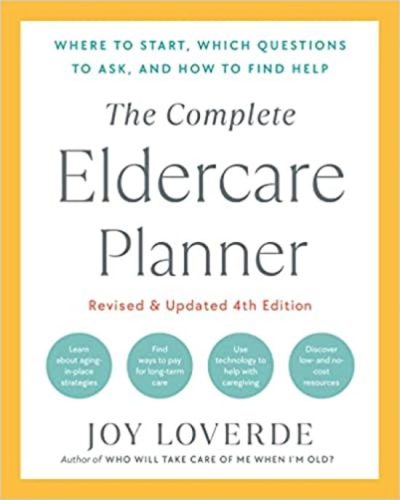Part 1 of this series offers ideas about arranging effective locations to have sensitive eldercare conversations. This post discusses conversation timing strategies.
When you decide to initiate a conversation, and you know that the discussion has the potential to be emotionally explosive, ask yourself these questions ahead of time:
- Am I over-tired or stressed out right now? (The more relaxed you are the better. If you’re particularly on edge, postpone the discussion and get a good night’s sleep.)
- Is your elder a morning person or a night owl? (Initiate conversations when they are at their peak performance.)
- If Mom and Dad live together, is it better to speaker with them individually or approach them together? (If you favor one over the other, conversing one-on-one may be a smart strategy.)
- Do I have enough information on this particular subject to discuss it intelligently, or do I need to do more homework? (The idea here is to be able to add depth to the conversation. Don’t start something you can’t finish.)
- Do I have sufficient time now to get involved in a long, and possibly serious, discussion? (Clear your schedule. This takes the pressure off you to “rush” the conversation which adds to a more stressful communication environment.)
Finally, keep in mind how long it has been since you last brought up this particular subject. A common communication mistake family members make with respect to initiating eldercare conversations is not giving their parents enough time to analyze and digest the issues raised in the previous discussion.
Understandably, you want the problem solved and behind you; but our parents often need more time to think and then take action (or not). Going too fast too soon can lead to misunderstandings, or a feeling that they are being bombarded.
These and many other communication strategies are available in my book, The Complete Eldercare Planner, 4th Edition.


